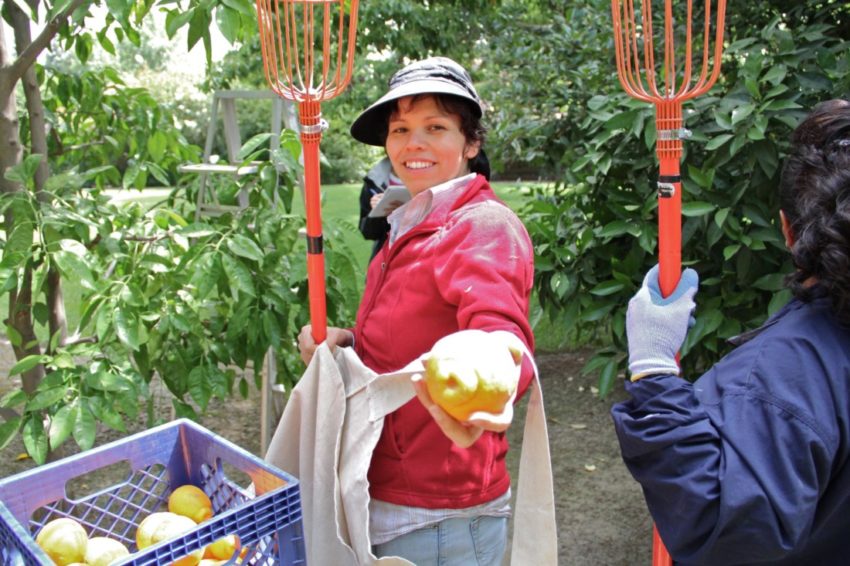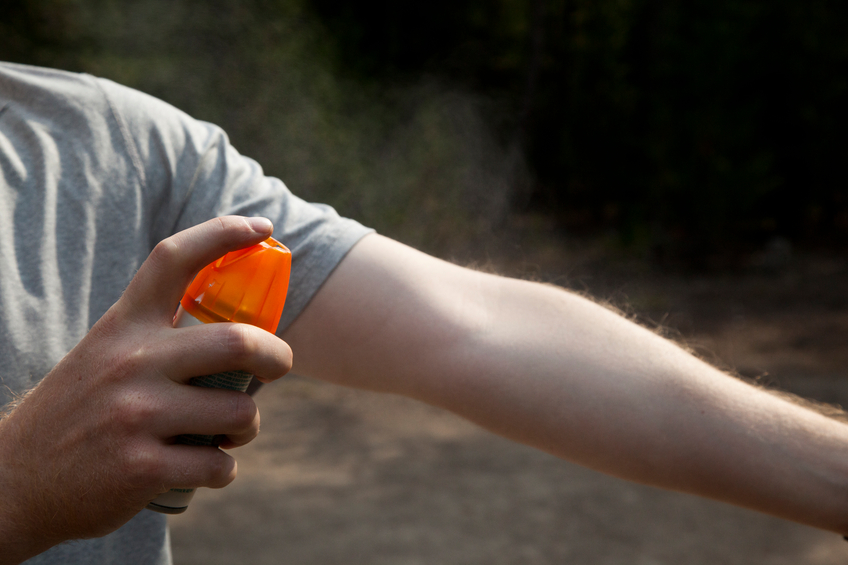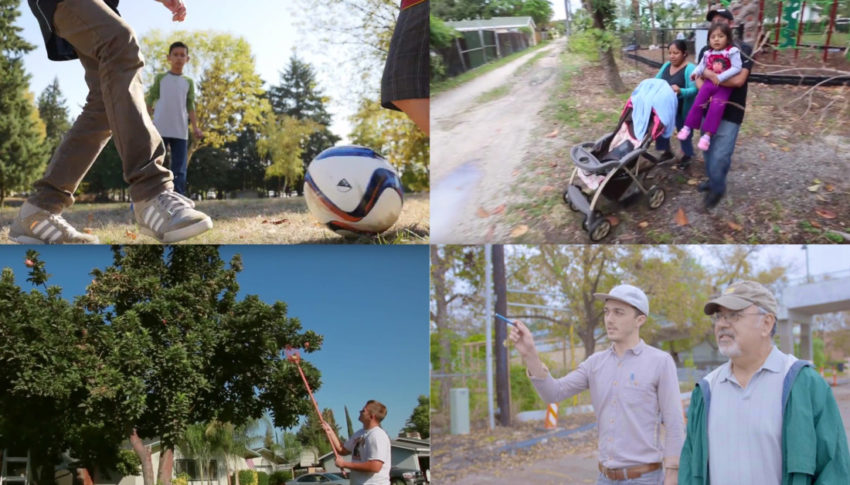How to Fight for Walkable Neighborhoods

What can you do to bring walkable streets to your neighborhood? Follow the example of Nicolas Rivard and Allison Hu. Rivard and Hu, urban designers in San Antonio, noticed that a road construction project in a largely Latino neighborhood was lacking shade, trees, and other walkable streetscape elements because of cost issues. So they organized a multi-pronged effort with neighbors, business partnerships, storytelling, petitions, and more to mobilize support and suggest design-specific elements that could improve the road's walkability—an effort that paid off when the city agreed to add street trees, separated sidewalks, and other streetscape elements to the road. Their work is featured in a new Rivard Report article and Salud Heroes story by Amanda Merck of Salud America!, a ...
Read More







